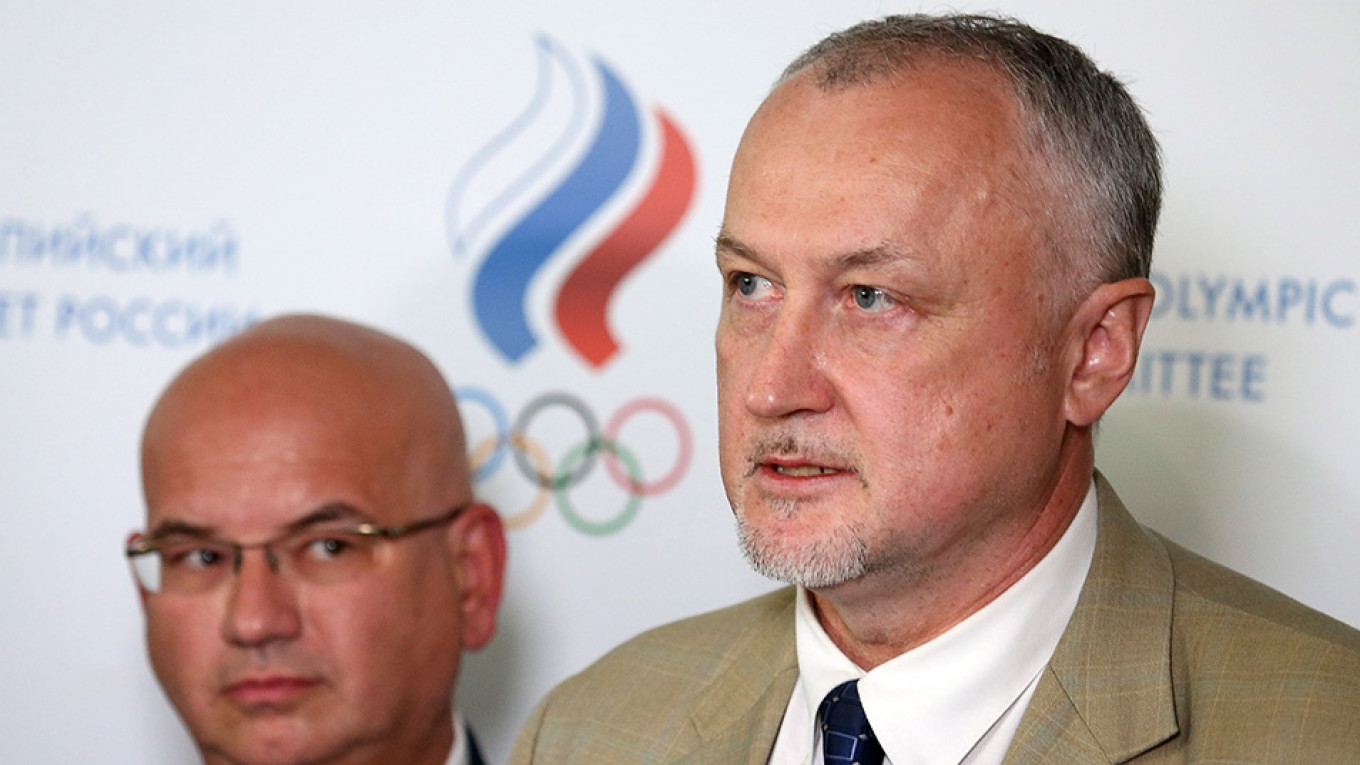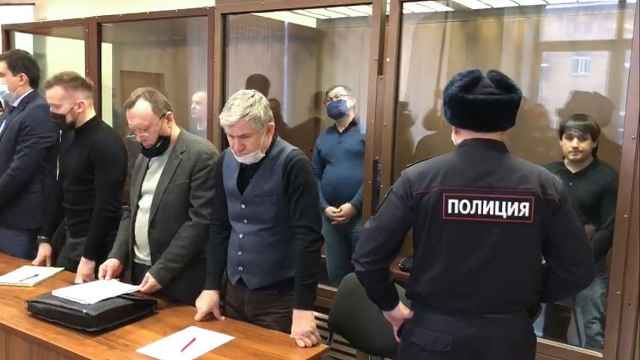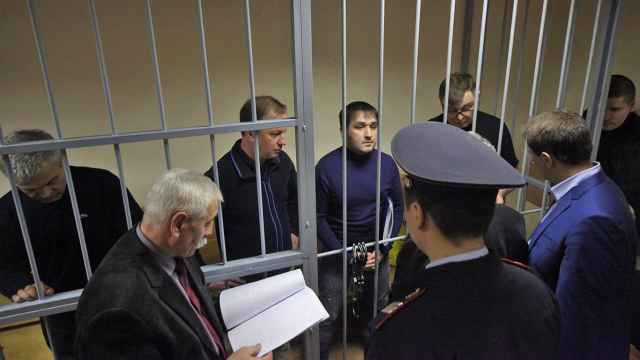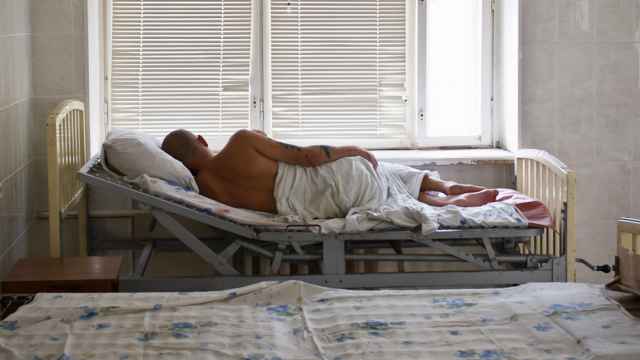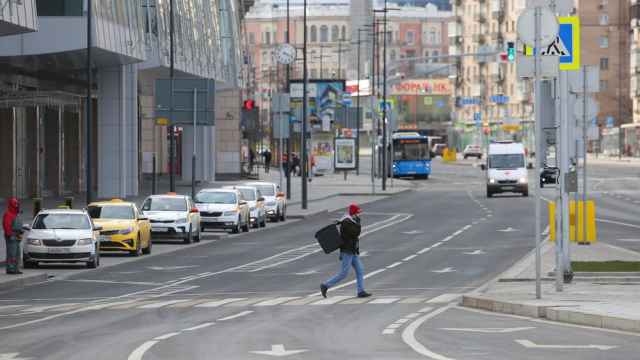Russian anti-doping agency (RUSADA) director Yuri Ganus is not optimistic about his organization's chances of being reinstated when the World Anti-Doping Agency (WADA) meets this month to discuss its progress, he said on Tuesday.
RUSADA was suspended in 2015 over a WADA report outlining evidence of state-backed, systematic doping in Russian athletics. It has since undertaken broad reforms in a bid to revamp Russia's anti-doping system and restore international trust in the country's sport.
"I don't have any optimism unfortunately," Ganus told a news conference at RUSADA's office in Moscow, referring to the prospects of the agency's reinstatement when WADA's executive committee meets on Sept. 20.
"The outlook is negative," he added.
Nearly three-year into its suspension, RUSADA finds itself at an apparent impasse.
Although RUSADA has made sweeping staffing changes and been incrementally rebuilding trust, the agency has little control over the two outstanding criteria for its reinstatement.
For the agency to regain accreditation, Russian authorities must acknowledge the findings of a WADA-commissioned report that found more than 1,000 Russian athletes benefited from a state-run scheme to conceal positive tests over a five-year period.
Russia has vehemently denied those allegations.
The authorities must also provide access to urine samples stored at the suspended Moscow anti-doping laboratory.
Ganus, who was appointed last year, said the country's blanket denial of the allegations without presenting arguments to defend its case had hindered progress.
"No one is going to take away the McLaren reports," he said, referring to WADA-commissioned reports on alleged state-sponsored doping. "They will stay there as long as we don't deal with them. They will always be in the focus of attention."
While RUSADA has been working towards reinstatement, anti-doping violations in Russia have gone up, according to Ganus.
He said the country had recorded 59 anti-doping violations in 2017 and that there had been 113 violations this year.
Some doping cases have come at a particularly sensitive time for Russia.
At the Pyeongchang Winter Olympics this year, two Russians, a curler and a bobsledder, tested positive for banned substances where Russia's athletes competed as neutrals, punishment for allegations that the sporting powerhouse systematically manipulated doping tests at the 2014 Sochi Olympics.
Last week the International Biathlon Union said four Russian biathletes had allegedly committed anti-doping violations.
A Message from The Moscow Times:
Dear readers,
We are facing unprecedented challenges. Russia's Prosecutor General's Office has designated The Moscow Times as an "undesirable" organization, criminalizing our work and putting our staff at risk of prosecution. This follows our earlier unjust labeling as a "foreign agent."
These actions are direct attempts to silence independent journalism in Russia. The authorities claim our work "discredits the decisions of the Russian leadership." We see things differently: we strive to provide accurate, unbiased reporting on Russia.
We, the journalists of The Moscow Times, refuse to be silenced. But to continue our work, we need your help.
Your support, no matter how small, makes a world of difference. If you can, please support us monthly starting from just $2. It's quick to set up, and every contribution makes a significant impact.
By supporting The Moscow Times, you're defending open, independent journalism in the face of repression. Thank you for standing with us.
Remind me later.



